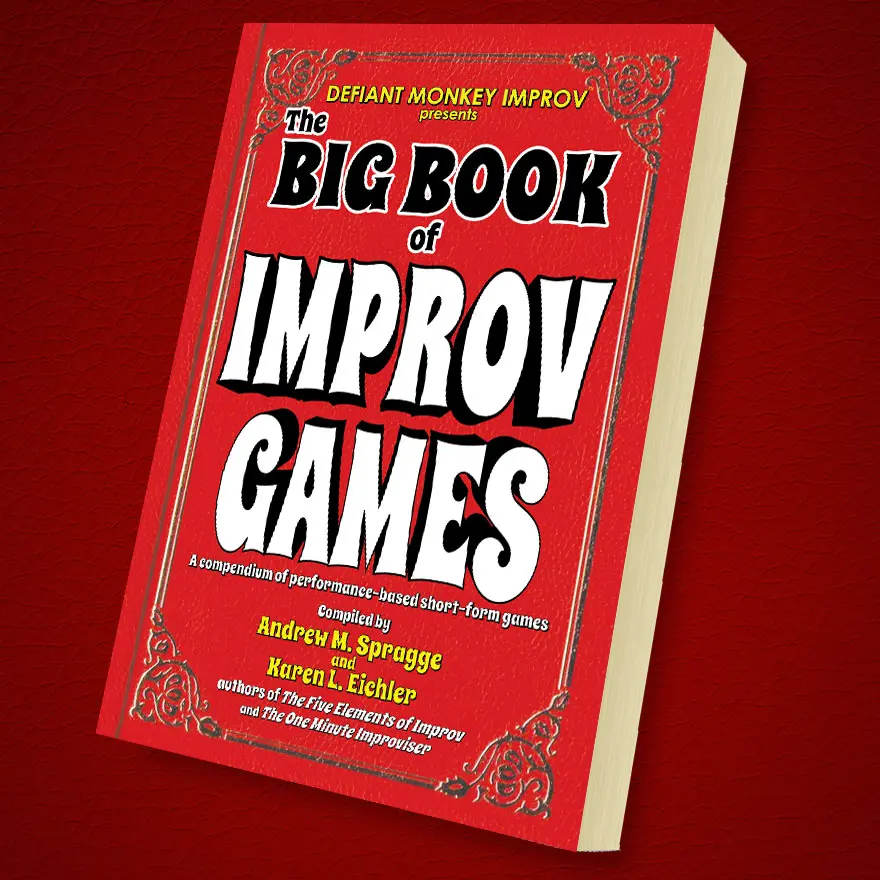Extroversion for the Introvert

As professional improvisers, Karen and I work with groups of kids from kindergarten through high school. Many are at-risk, and many have never experienced live theatre in any of its diverse forms. We take particular delight in seeing those children who are timid, hovering just beyond the threshold of participation, become drawn into the circle and infuse themselves into the spirit of the performance gestalt (not often I get to use the word, “gestalt”).
All that’s just a fancy way of saying, “We love seeing introverted kids lower their defenses and become part of the fun.” People are always skeptical when we tell them that we are extreme introverts. Speaking for myself, I would rather be home in my chair reading a book that out among groups of people.

“How can you be an introvert and perform on stage?” they ask.
Simple: all you have to be is a Situation-Specific Extrovert (SSE). A SSE is one who can be comfortable in a public performance situation because that person is aware of the rules, relationships and boundaries intrinsic to that situation. I know, when I’m on stage, that I am in control of (my part in) the experience and can trust those around me. My discomfort is allayed and I can function, as long as I know my world will soon return to what, for me, is normal.
This does not make me special; all it means is that I have learned over the years how to cope if I wish to do what it is I do.
The magic of improvisational theatre is that, with proper guidance, anyone can learn how to be a SSE. A primary element of improvisation is that of support; everyone involved, if they are doing it right, is cooperating and supporting everyone else. In stark contrast to stand-up comedy, the improv audience is rooting for the performers success. It’s a case of “Let us laugh with you” instead of, “Go ahead…make me laugh!”
This basic fact is what makes improv an ideal environment for the introvert
Introverts by their nature tend not to seek the spotlight in social situations. Improv’s inherent acceptance and support allows the introvert to feel secure enough to open up parts of their personality they normally would not feel comfortable enough to share. Children and adults alike benefit from the positive atmosphere of improvisational theatre. The longer a person is involved, the more they are able to leave the confines of their shell and venture out comfortably into the world at large. As they learn to sense the boundaries and expectations of potentially distressing scenarios, they will become more and more capable of not only coping with those scenarios, but in feeling strong and in control while doing so.

The Big Book of Improv Games – A compendium of performance-based short-form games

